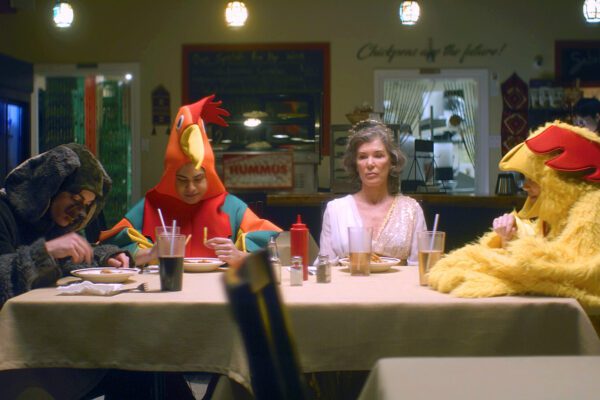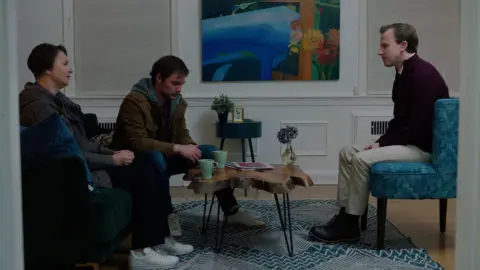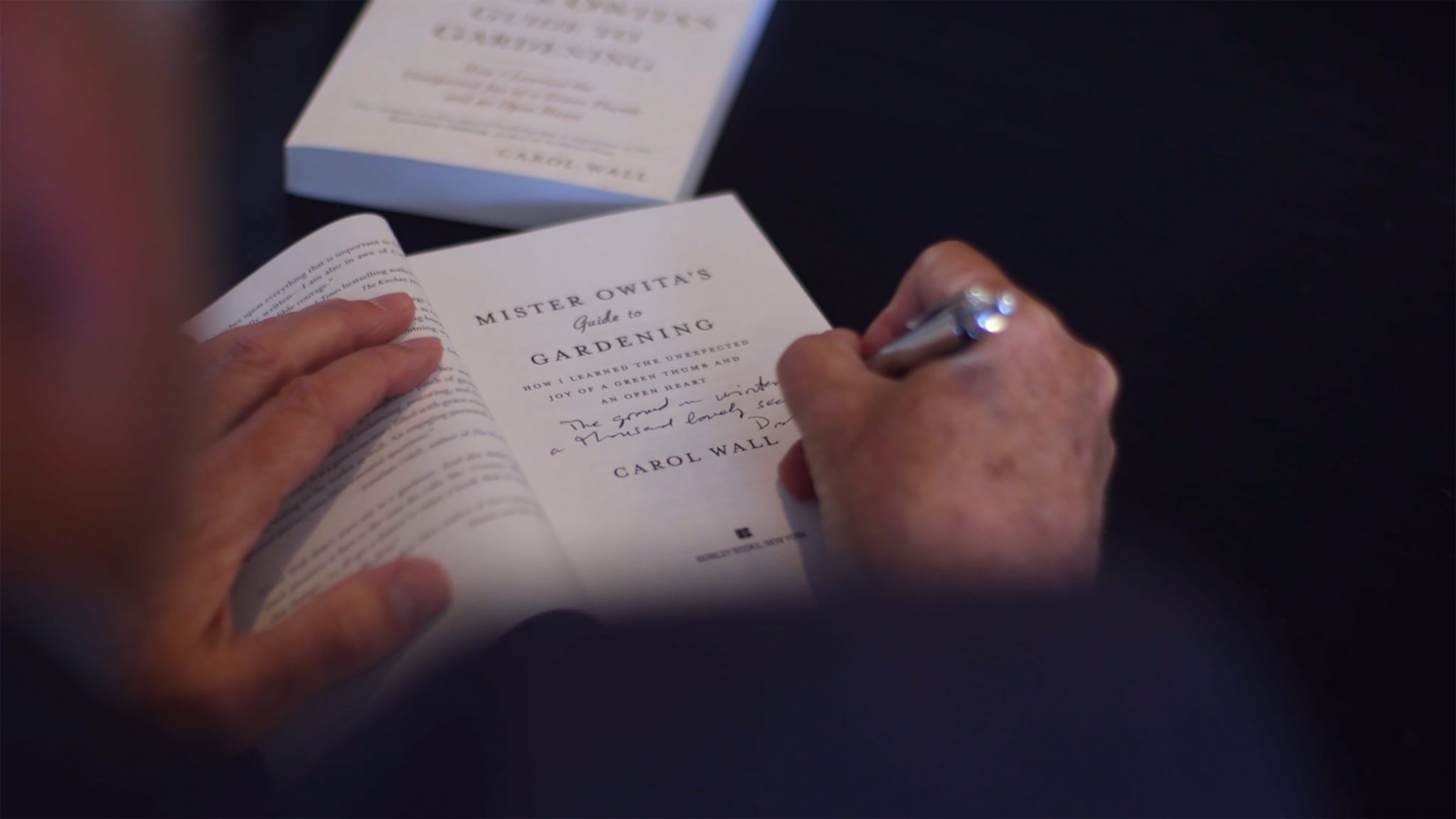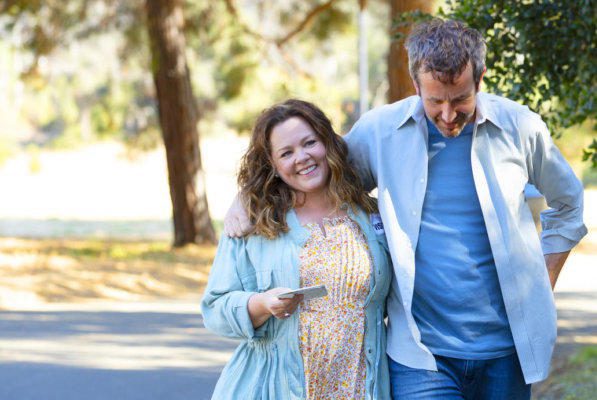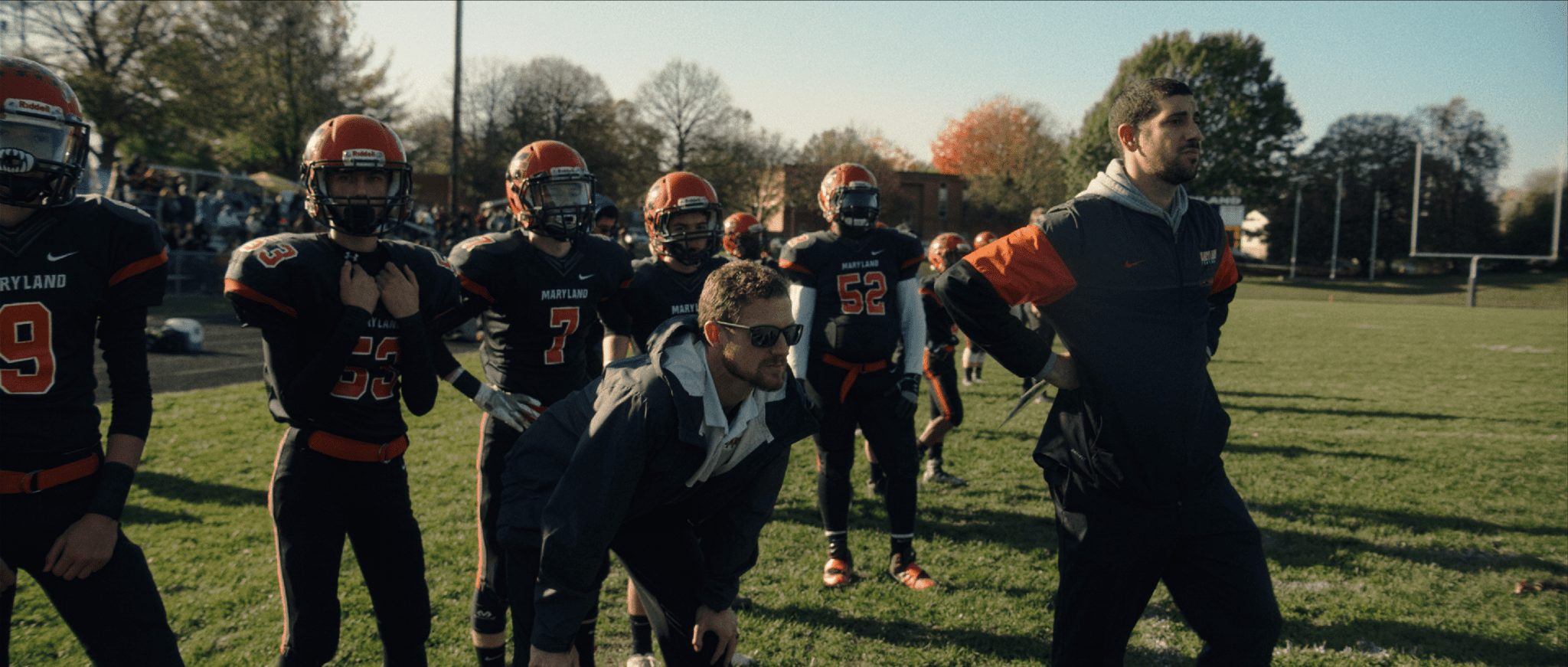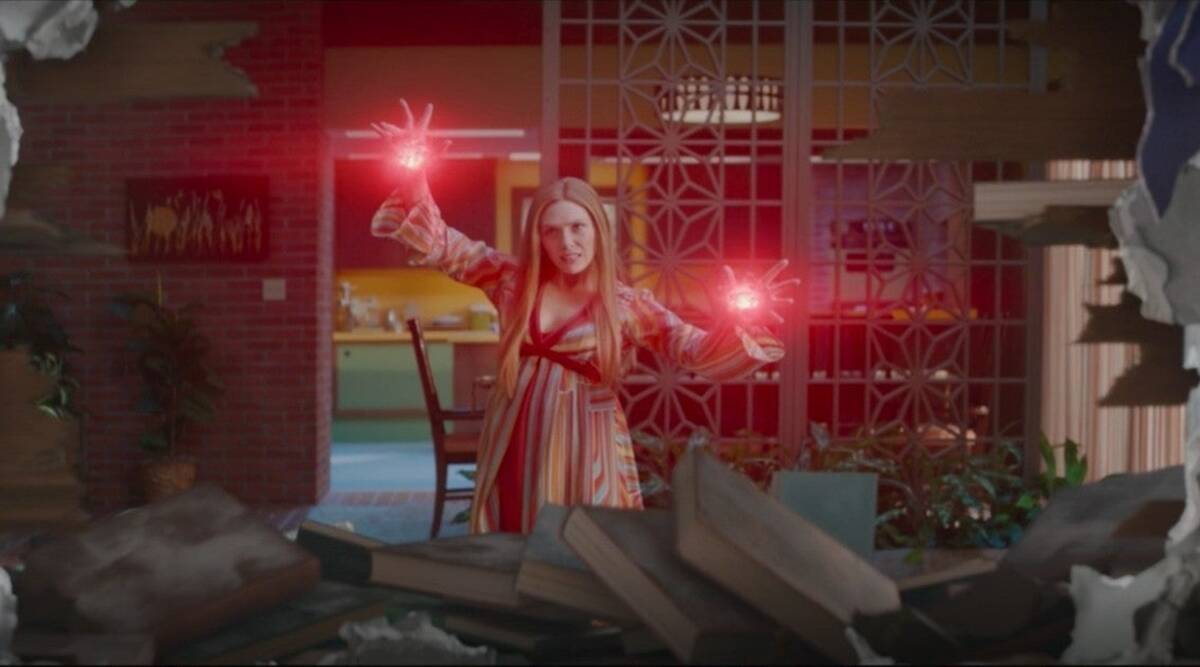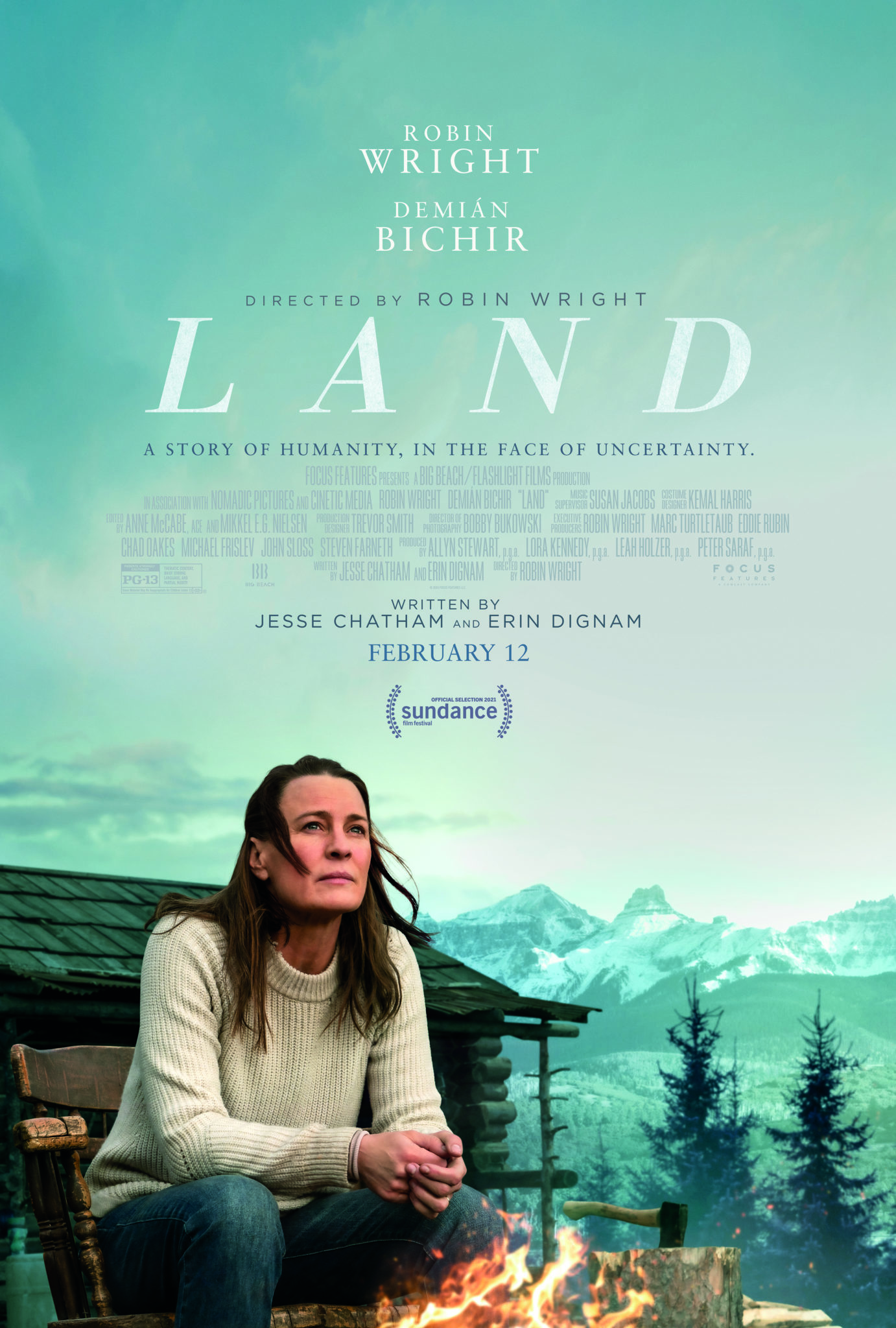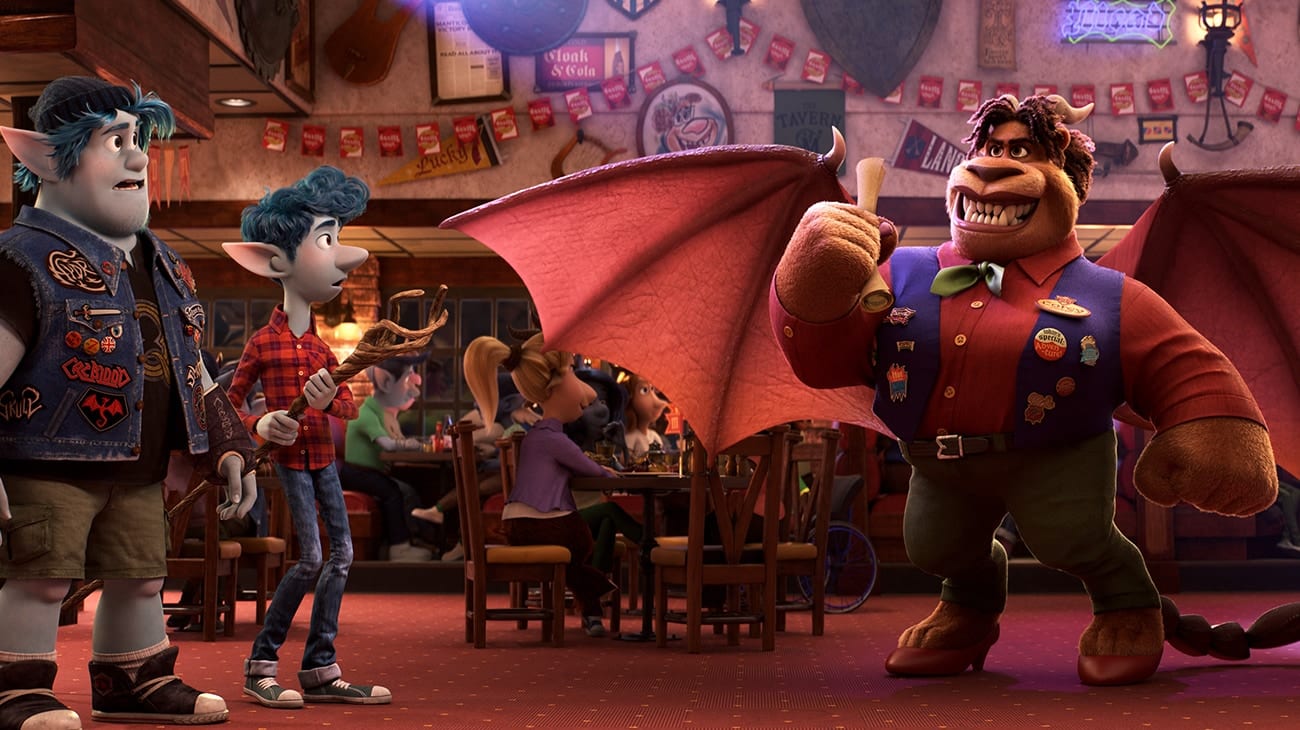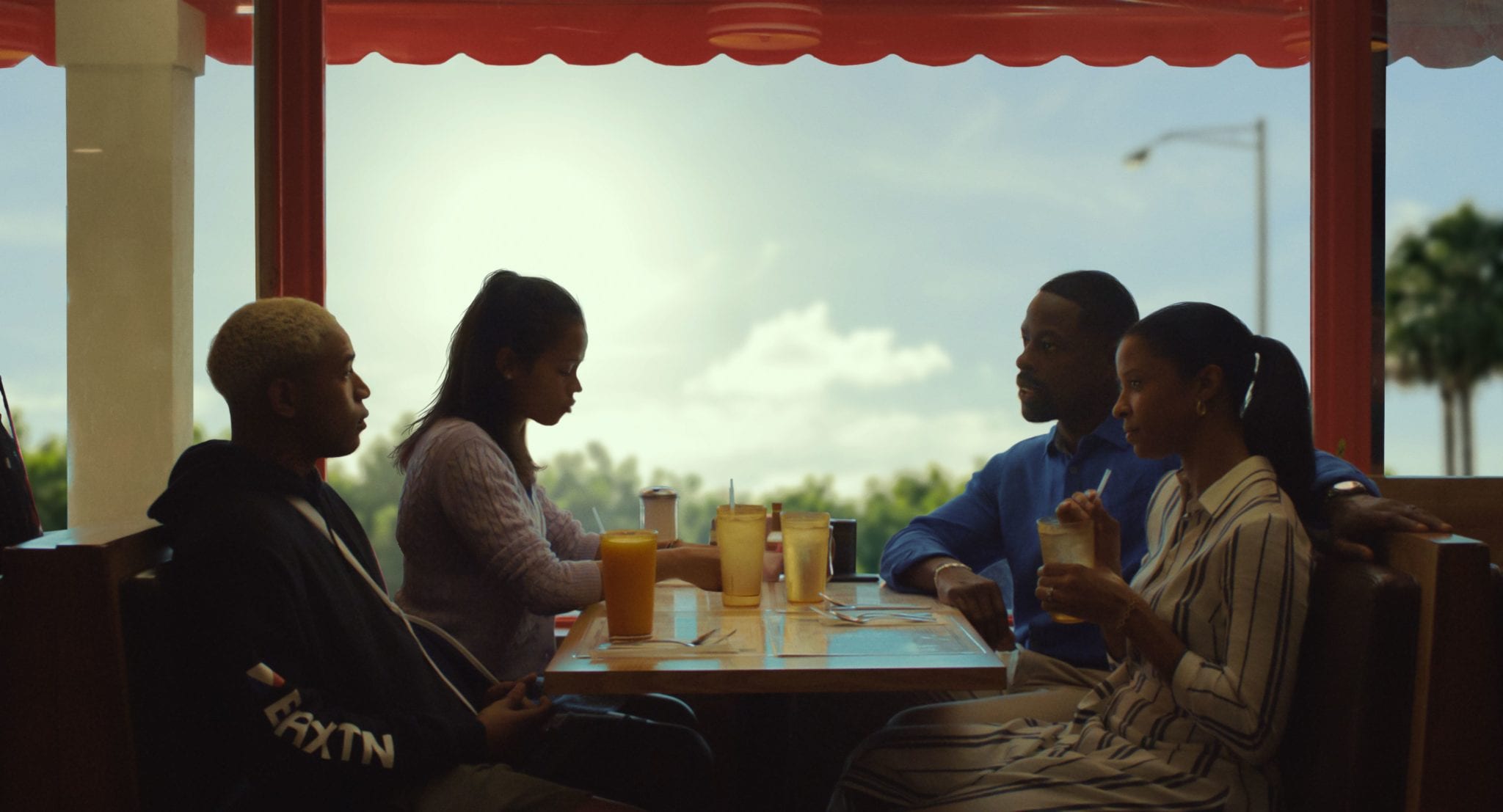
Sundance: Eternal You – AI seance?
Is there a loved one you long to talk to? Do you think a medium and a séance would work? How about the mushrooming Artificial Intelligence industry? Yes, AI is being developed to offer an opportunity to communicate with the dead (or the AI version of them, anyway). The documentary Eternal You, directed by Hans…

